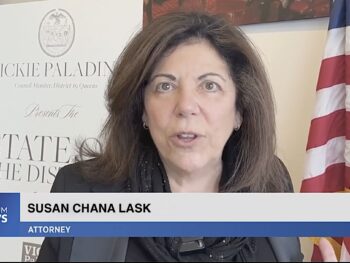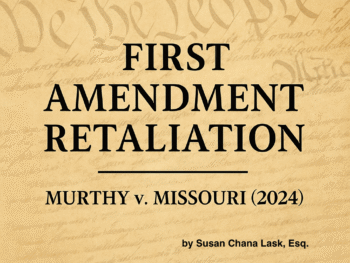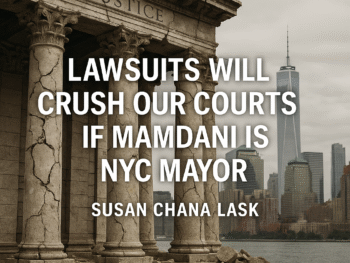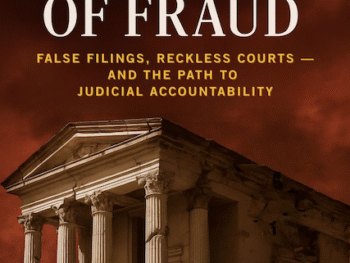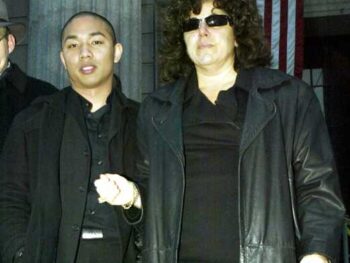The Times of Trenton (New Jersey)
April 16, 2010 Friday
TRENTON FULL RUN EDITION
Strip-search legality appealed
BYLINE: Joe Ryan, newhouse news service
DATELINE: PHILADELPHIA
Lawyers for two New Jersey county jails asked a federal appeals panel yesterday to overturn a ruling outlawing strip searches for defendants arrested for outstanding traffic tickets, failing to pay child support and other nonviolent offenses.
Arguing that the searches were crucial for safety, the attorneys said a federal judge erred in 2009 by ruling in favor of a lawsuit filed by a South Jersey man jailed in Essex and Burlington counties after being wrongly arrested.
The case, a class-action lawsuit brought by former inmates who believe their rights were violated, has drawn support from five of New Jersey’s former attorneys general. If it survives appeal, it could open the door for an estimated 10,000 people who were strip-searched at the Essex and Burlington county jails to seek damages.
The outcome could also affect strip search policies at other county jails that are the subject of lawsuits that were put on hold by federal judges pending the appellate court ruling.
During yesterday’s hearing before the 3rd U.S. Circuit Court of Appeals in Philadelphia, a lawyer for Burlington County argued the searches are allowed under a 1979 U.S. Supreme Court ruling. They are also necessary, he said, to identify gang members through tattoos, prevent disease and impede drugs and weapons from fueling violence behind bars.
“The vast majority of people whose protection will be afforded by these strip searches are the inmates themselves,” said the attorney, J. Brooks DiDonato.
Unlike state and federal prisons, where felons serve time after being convicted, New Jersey’s 21 county jails are used mostly to hold defendants awaiting trial. Suspects accused of murder and rape share the same building as those charged with skipping traffic court.
The lawyer who filed the lawsuit, Susan Chana Lask, said in its 1979 ruling, the Supreme Court only gave authority to strip search inmates who failed to make bail and had just met face to face with an outside visitor. The ruling, she said, did not apply to suspects who were picked up for minor offenses and had not yet seen a judge.
“How do you justify strip searching someone who violated a dog-leash law?” she said.
The three-judge panel at times appeared skeptical of Lask’s argument. They asked repeatedly if the case should be sent back to a lower court for further testimony to determine the value of strip searches. They asked if a suspect arrested for a minor offense should be stripped searched if he has a violent history. And at one point, Judge Dolores K. Sloviter asked whether the decision should be left to jail officials.
“Aren’t we stepping into an area of the system that we really shouldn’t be stepping into?” she asked.
Lask’s client, Albert Florence, 34, was arrested in 2005 in Burlington County for an outstanding traffic warrant in Essex County. Florence, a finance director who lives in Bordentown, was strip searched at Burlington County Jail and again at the Essex County Jail before authorities realized he had paid the fine two years earlier.
He filed his lawsuit in federal court in Camden in 2005. Four years later, U.S. District Judge Joseph H. Rodriguez ruled in his favor, saying it was unconstitutional to strip search every defendant, regardless of their charge. “Thus, a hypothetical priest or minister arrested for allegedly skimming the Sunday collection would be subjected to the same degrading procedure as a gang member arrested on an allegation of drug charges,” Rodriguez wrote.
In January, the former state attorneys general — Robert Del Tufo, Deborah Poritz, John Farmer Jr., Peter Harvey and Zulima Farber — filed a friend-of-the-court brief supporting Rodriguez’s ruling.
A ruling is likely later this year.

